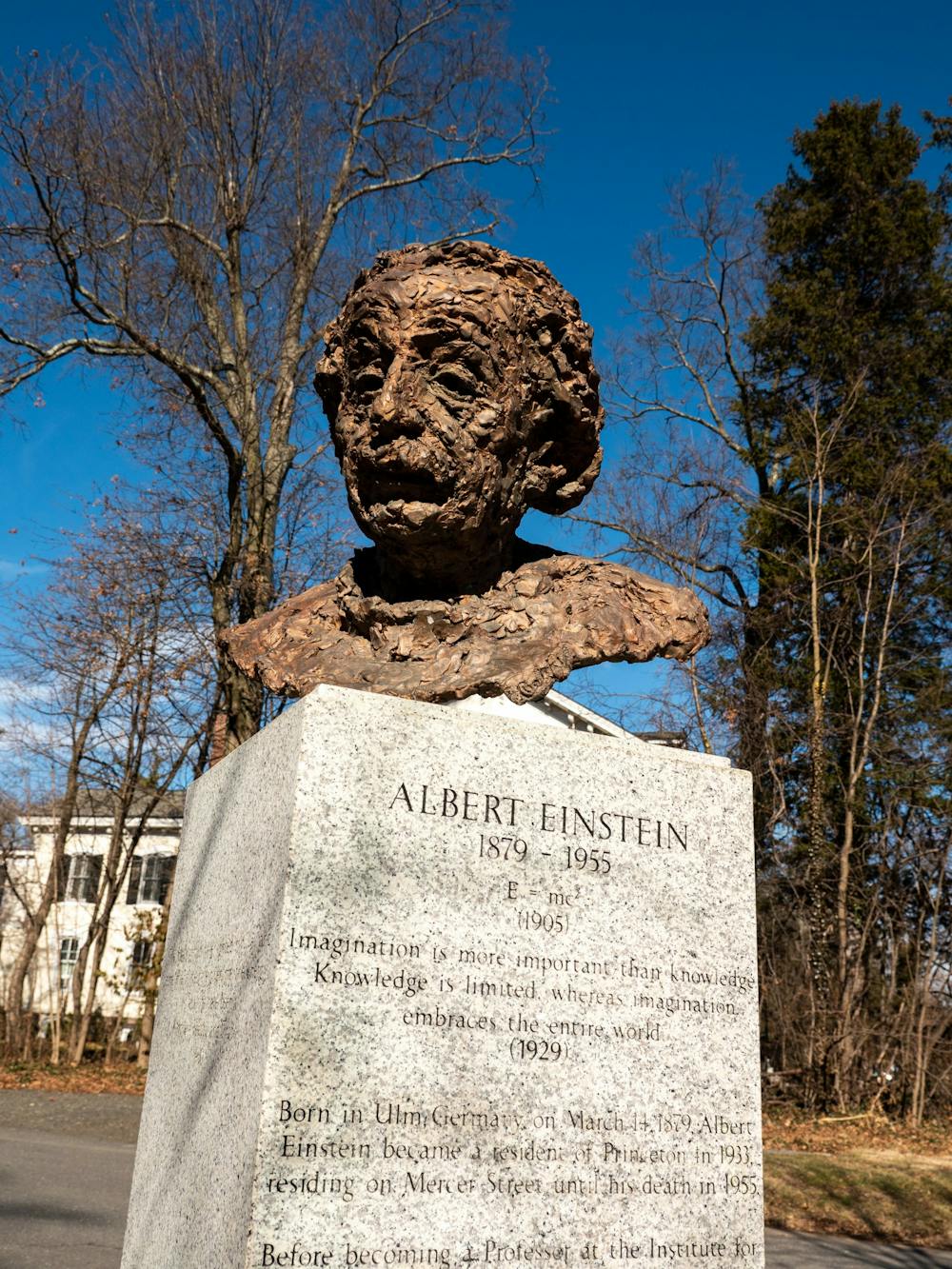As we celebrate the 100th anniversary of Albert Einstein’s Nobel prize, it’s worth reflecting on the fact that most students will never study Einstein’s physics or their applications in a wide variety of engineering fields. Princeton, in Einstein’s time, was the place for science in the United States. In order to reclaim that mantle, we have to give all students a broader foundation in science and technology. That starts by breaking down the barriers of excessive prerequisites.
The fact that Princeton uses introductory classes to discourage students from exploring the sciences is well-documented. Columnist Allen Liu noted last year that excessively rigorous introductory classes may stop a student from pursuing the major they intended to study. In a recent piece on her experience in MAT 202, columnist Abigail Rabieh wrote “We are often told of engineering or STEM students exploring the humanities to their heart’s content, but I feel that we rarely hear of students in the Humanities being encouraged to take scientific or quantitative classes.”
But the problem with introductory classes goes beyond excessive rigor in some cases. While, by and large, an engineering student could take practically any English or History course that they wanted to, a student in the Humanities or Social Sciences would have to plod through prerequisites to take most courses in science or engineering. An analysis of 300-level courses offered in Spring 2021 across six disciplines shows that while not a single English or History course at the 300 level had any prerequisites, Physics and Mechanical and Aerospace Engineering courses had an average of four prerequisites (including the prerequisites of the prerequisites and so on).

Rohit Narayanan / The Daily Princetonian
This fact basically guarantees that STEM students are going to take more humanities courses than vice versa. Even a well-designed course at the 200-level is unlikely to excite students: the large lecture halls, steep curves, and introductory material usually make these classes more an ordeal than a joy. Instead, students want to explore at the 300-level, taking smaller, more specialized courses. Students might be willing to invest in one or two introductory courses to get to that level. But requiring up to four prerequisites practically guarantees that humanities students are going to fulfill their SEL (Science and Engineering with lab), SEN (Science and Engineering without lab), and QCR (Quantitative and Computational Reasoning) distribution requirements via something easy, rather than genuinely exploring a new field.
It’s not without cause that mechanical engineering, and other majors in the School of Engineering and Applied Sciences have so many prerequisites. They’re genuinely challenging fields that build on a variety of concepts. But as an engineering student, it has been my experience that the prerequisites, especially when it comes to math and first-year science, don’t always serve a content purpose. Higher-level courses usually require a few key concepts that the professors review anyway, because even the people who have taken the prerequisites might have forgotten them. With a little bit of review, most students could get up to the class’s level without semesters’ worth of prerequisites.
The goal the prerequisites seem to serve is to filter out all but the students most likely to succeed in that class: students who have a deep background in math and science and know the rigor of doing a problem set each week. But not every student needs to succeed in a class to experience it. In History and English classes, students definitely benefit from knowing about the histories of adjacent regions or having read many of the classics, but instead of placing prerequisites, professors assume that the students who are just exploring will either put in the work or elect to have it graded Pass/D/Fail and still gain something.

Finally, if some fields, like calculus, are absolutely essential to unlocking higher-level courses in science and engineering, perhaps a version should be required for all students, not just engineers. Students may or may not choose to explore, but all students should have the toolkit to try the classes they want.
As we celebrate the life of Albert Einstein, we should make an effort to make his scientific contributions accessible to all. As the humanities departments educate Princeton’s entire campus, the STEM departments shouldn’t be turning people away.
Rohit Narayanan is a sophomore electrical engineering concentrator from McLean, Va. You can reach him at rohitan@princeton.edu.
Correction: A previous version of the article characterized Einstein's Nobel Prize, awarded in 1921, as his second when it was actually his first and only. The 'Prince' regrets this error.









